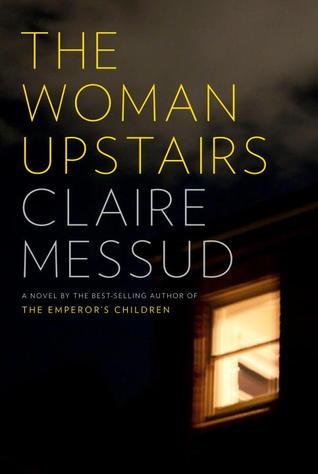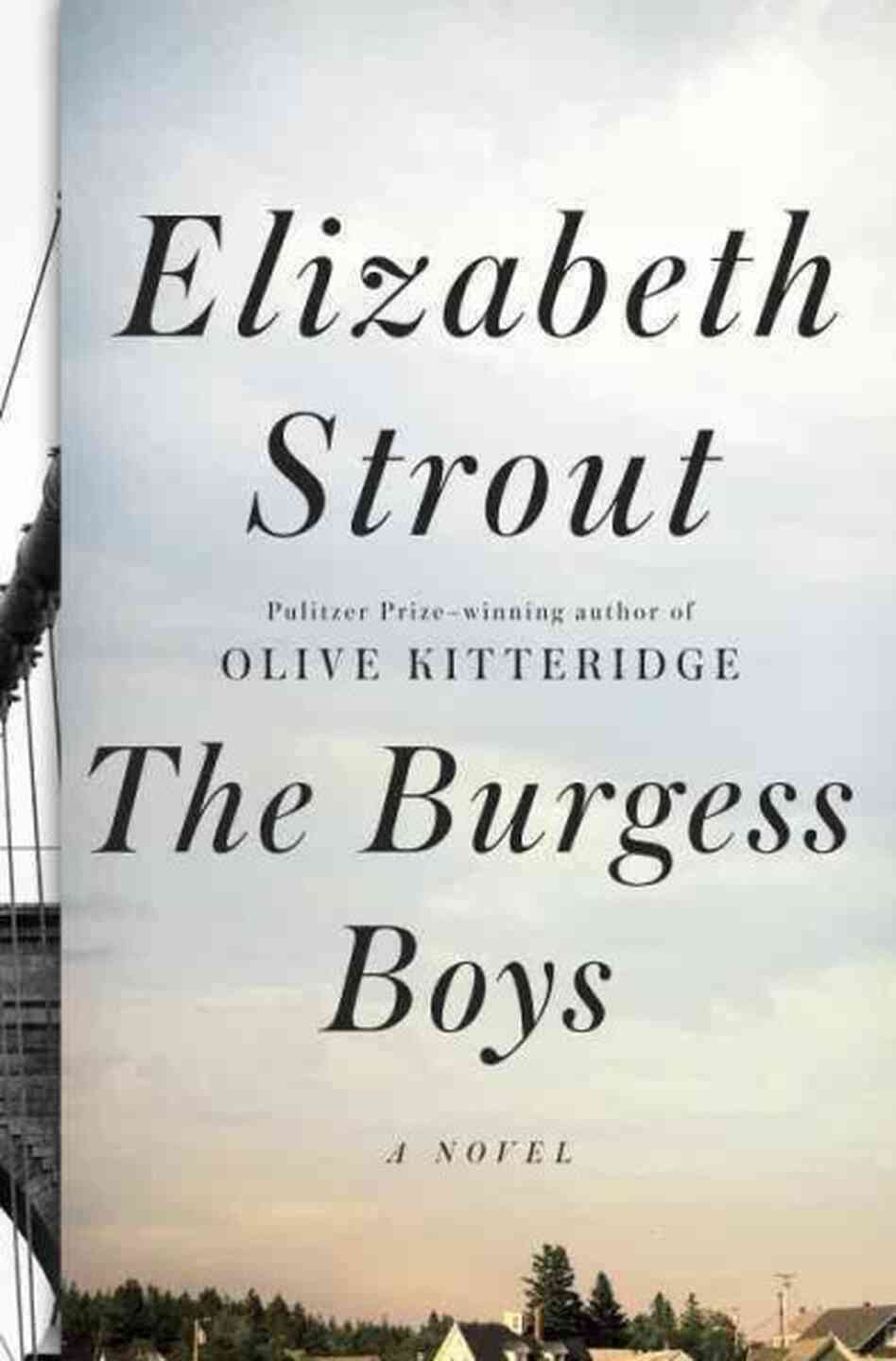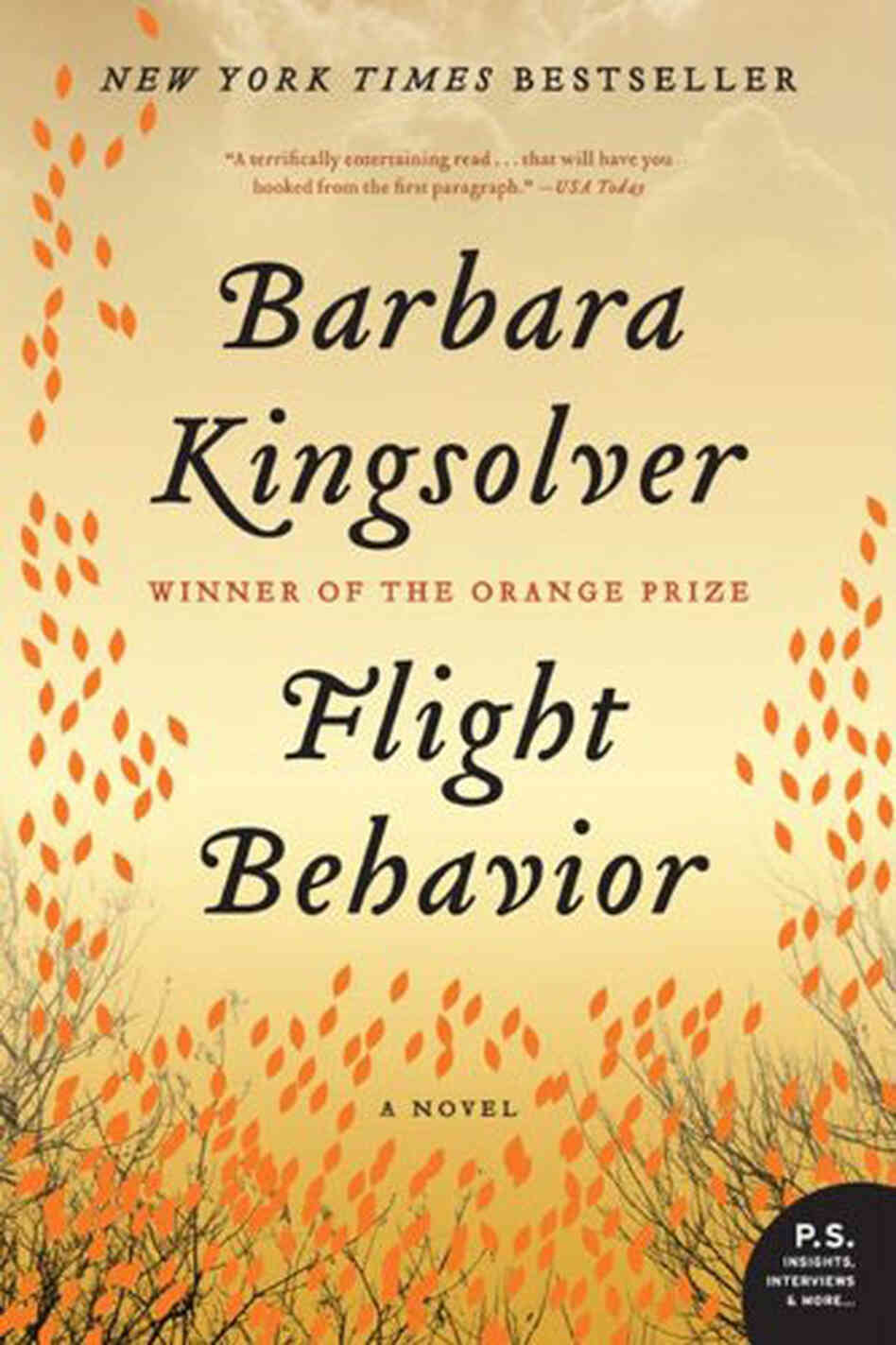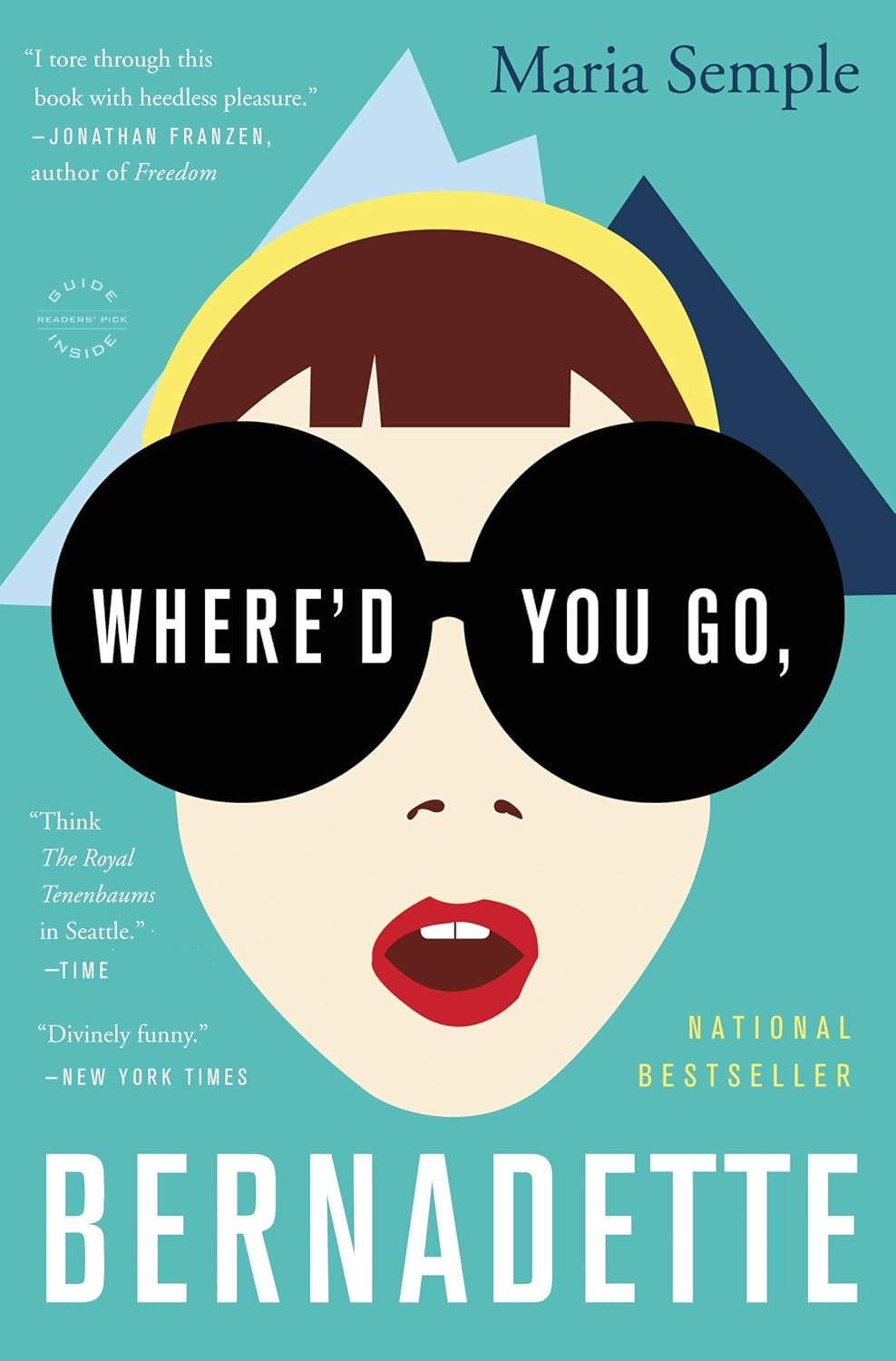It's been quite a while since we've been so divided on a book. It was about two to one, dislikes to likes. Mary really helped us all think again about what the book was and what the author wanted to say. I appreciated seeing it through her eyes.
I emailed a quote from Kelly Corrigan in my meeting reminder and we talked about it again today. For posterity:
I remember a lecture from one of my lit
classes about a theory called “Reader Response,” which basically says: More
often than not, it’s the readers—not the writers—who determine what a book
means. The idea is that readers don’t
come blank to books. Consciously and
not, we bring all the biases that come with our nationality, gender, race,
class, age. Then you layer onto that the
status of our health, employment, relationships, not to mention our particular
relationship to each book—who gave it to us, were we read it, what books we’ve
already read—and, as my professor put it, “That massive array of spices has as
much to do with the flavor of the soup as whatever the cook intended.”
Hamid's narrator added to this: "It's in being read that a book becomes a book, and in each of a million different readings a book becomes one of a million different books, just as an egg becomes one of potentially a million different people when it's approached by a hard-swimming and frisky school of sperm."
Kathy felt this book demonstrated the Reader Response perfectly. We all interpreted the nameless country as different geographic locations and had equally different responses to the events in the book. We did agree that the format, in the second person, without names or place, allowed the telling of a universal story, which laid bare a broken and corrupt society somewhere in Asia. Throughout this,
he (the nameless you) maintained a certain level of morality, refusing to lower his standards to provide safe water or to provide a comfortable life for his wife and son.
The narrator provided a note of humor periodically as in the above quote on books. Carolyn laughed at his advice to be the third child, which gives one a much better economic advantage. He could also be pithy re/
his son: "You feel a love you know you will never be able to adequately explain or express to him, a love that flows one way, down the generations, not in reverse, and is understood and reciprocated only when time has made of a younger generation an older one."
Mary liked the spoof of it being a self-help book and thought it playful. She especially liked how
he had come from nothing and become rich, lost most of his money, but died having loved and been loved. We thought that
he was content with the last days of his life with the Pretty Woman, playing cards and enjoying the camaraderie. We agreed that the only successful relationship they could have had was the one they did have.
The discussion was brief. I mentioned that this book was short-listed for the Man Booker which made Joanne laugh and say to Kathy - we seem to have problems with Bookers, don't we? I know that's true, but we did love the long-listed Unlikely Pilgrimage of Harold Fry. At least more people liked this than Midnight's Children. So many books, so little time.














